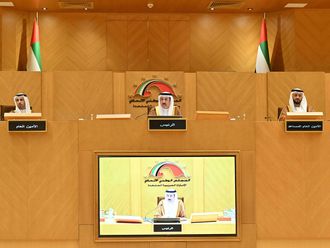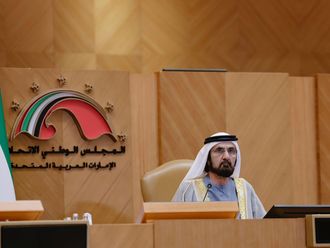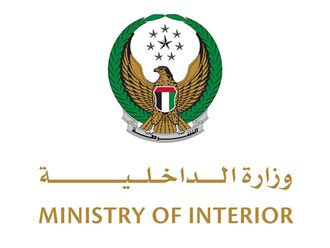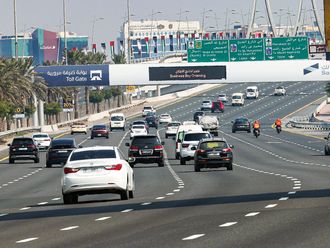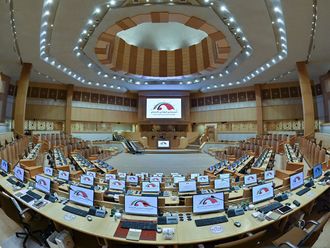Abu Dhabi: The Emirates Authority for Standardisation and Metrology (Esma), the federal standards watchdog, was chastised by members of the Federal National Council for poor coverage of goods, lack of cooperation with partners and low achievement.
“Out of more than 200,000 goods and commodities in the UAE’s markets, only 6,500 goods, including 300 foods, are covered by Esma standards,” according to a report made by an ad-hoc FNC committee.
Dr Shaikha Al Owais, a member from Sharjah, asked Dr Rashid Ahmad Bin Fahd, Minister of Environment and Water and chairman of Esma, how soon all goods and commodities in the markets across the UAE will be covered by standards. “Many foods cause deaths and lethal ailments due to non-conformity to standards. As many as 85 per cent of cancers in the UAE are blamed on the absence of food standards for genetically modified foods. Some 88 deaths and 656 people were injured across the UAE between 2010 and 2012 due to substandard tyres,” Dr Shaikha said.
Noora Al Ka’abi, a member from Abu Dhabi, demanded a federal interactive product recall and incident reporting system be launched to promote, control and monitor consumer safety across the UAE and encourage feedback on unsafe products.
“Such a system allows consumers to view and identify products that have been withdrawn from the market for non-compliance with the UAE’s safety standards. The website features images of the recalled products as well as model numbers and reasons for withdrawal. For added convenience, the portal can be accessed on smart devices to safeguard the community and ensure that all products introduced into this market conform to a high standard of safety, sustainability and performance,” Noora said.
Members of the House stressed that with more than 80 per cent of food products in the UAE being imported, the country has to compete in a global trading system where increasingly stringent requirements apply with regard to product quality, safety, health and environmental impacts.
The representative said consumers need proof from internationally recognised institutions that their products conform to these requirements.
Dr Bin Fahd said out of 10 million tonnes of foods imported into the UAE, only 3 per cent is rejected mainly for labelling.
“The UAE is recognised as a very well-regulated market, with other countries trusting our standards and conformity infrastructure. The country has a well-established standardisation body, it harmonises standards at the local and federal levels and participates in regional and international standards-setting activities,” Dr Bin Fahd said.
He said a federal law on food safety will see the light soon. “A draft foods safety law was passed by the Cabinet and will soon be referred to the FNC for debate and approval,” Dr Bin Fahd said.
Dr Bin Fahd said Esma was established in 2001 as the sole body for standardisation and metrology-related activities in the UAE.
“As a full member of ISO, Esma shares the knowledge of standards development with all stakeholders, whilst ensuring that standards in the UAE are in line with international scientific developments, including ISO standards. Consistently taking into consideration the social, economic, health and safety interests of the public, Esma makes certain that the services and products are of quality and in conformity with the approved standards,” he said.
In a presentation, he added Esma spreads awareness of the different standardisation activities through various outlets. “Esma’s strategy aims at supporting the national economy by establishing a new era of excellence and quality within the UAE.”
Dr Bin Fahd said handling and storage cause many foods and goods to perish or become substandard. “So the problem is not with standards, it is with how goods are handled, stored or packed,” he said.


